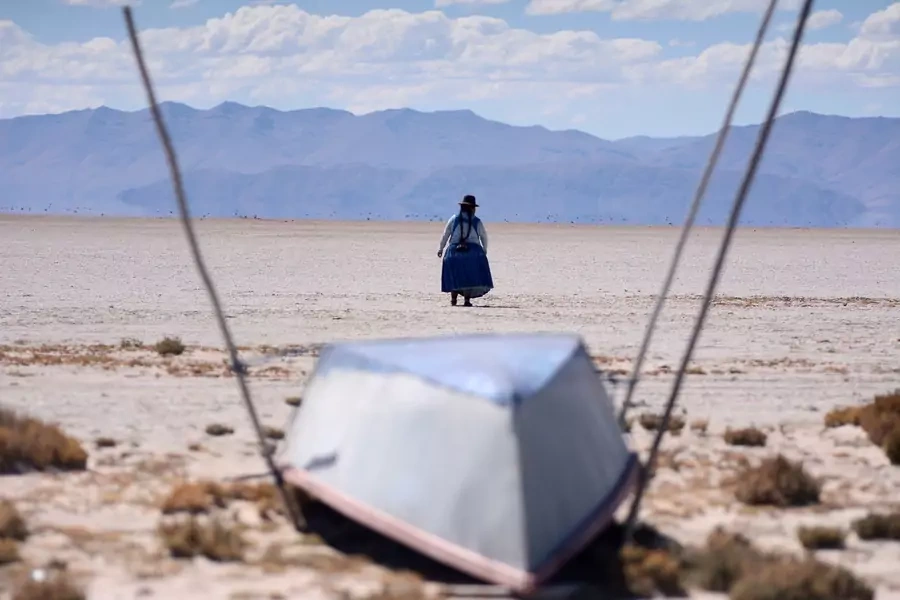- RealEcon
- Israel-Hamas
-
Topics
FeaturedIntroduction Over the last several decades, governments have collectively pledged to slow global warming. But despite intensified diplomacy, the world is already facing the consequences of climate…
-
Regions
FeaturedIntroduction Throughout its decades of independence, Myanmar has struggled with military rule, civil war, poor governance, and widespread poverty. A military coup in February 2021 dashed hopes for…
Backgrounder by Lindsay Maizland January 31, 2022
-
Explainers
FeaturedDuring the 2020 presidential campaign, Joe Biden promised that his administration would make a “historic effort” to reduce long-running racial inequities in health. Tobacco use—the leading cause of p…
Interactive by Olivia Angelino, Thomas J. Bollyky, Elle Ruggiero and Isabella Turilli February 1, 2023 Global Health Program
-
Research & Analysis
FeaturedFollowing a long series of catastrophic misadventures in the Middle East over the last two decades, the American foreign policy community has tried to understand what went wrong. After weighing the e…
Book by Steven A. Cook June 3, 2024
-
Communities
Featured
Webinar with Carolyn Kissane and Irina A. Faskianos April 12, 2023
-
Events
FeaturedJohn Kerry discusses his work as U.S. special presidential envoy for climate, the challenges the United States faces, and the Biden administration’s priorities as it continues to address climate chan…
Virtual Event with John F. Kerry and Michael Froman March 1, 2024
- Related Sites
- More
Blogs
The Internationalist
Latest Post

The Crisis of the Century: How the United States Can Protect Climate Migrants
The disastrous effects of climate change could displace more than a billion people in the next thirty years. International and domestic legal systems cannot continue to let climate migrants slip through the cracks. Read More
UN Representation in an Era of Revitalized Multilateralism
Competing UN credential submissions are not unprecedented. Many of the pressures and challenges of the modern era, however, are.
Can an Earthquake at the World Bank Rattle the IMF, Too?
The Doing Business report scandal has shaken confidence in the World Bank. The scandal's implications, however, don't stop with the bank.
Biden’s Forceful UN Address: Let’s Get to Work
U.S. President Joe Biden made his first address before the UN General Assembly on Tuesday, September 21, 2021. His message, both to his domestic and foreign audiences, was clear: The United States is back and at the ready.
Biden’s Tricky UN Message to a Troubled World
Biden faces a dual challenge at the UN General Assembly. He must convince the world that the U.S. is committed to multilateralism while persuading the American public that the UN can be an indispensable institution.
An Alluring but Costly Distraction
After 9/11, the United States' foreign policy and security apparatuses adopted a new threat perception, one focused on failed and fragile states. The result: two decades of costly distractions.
 Online Store
Online Store

